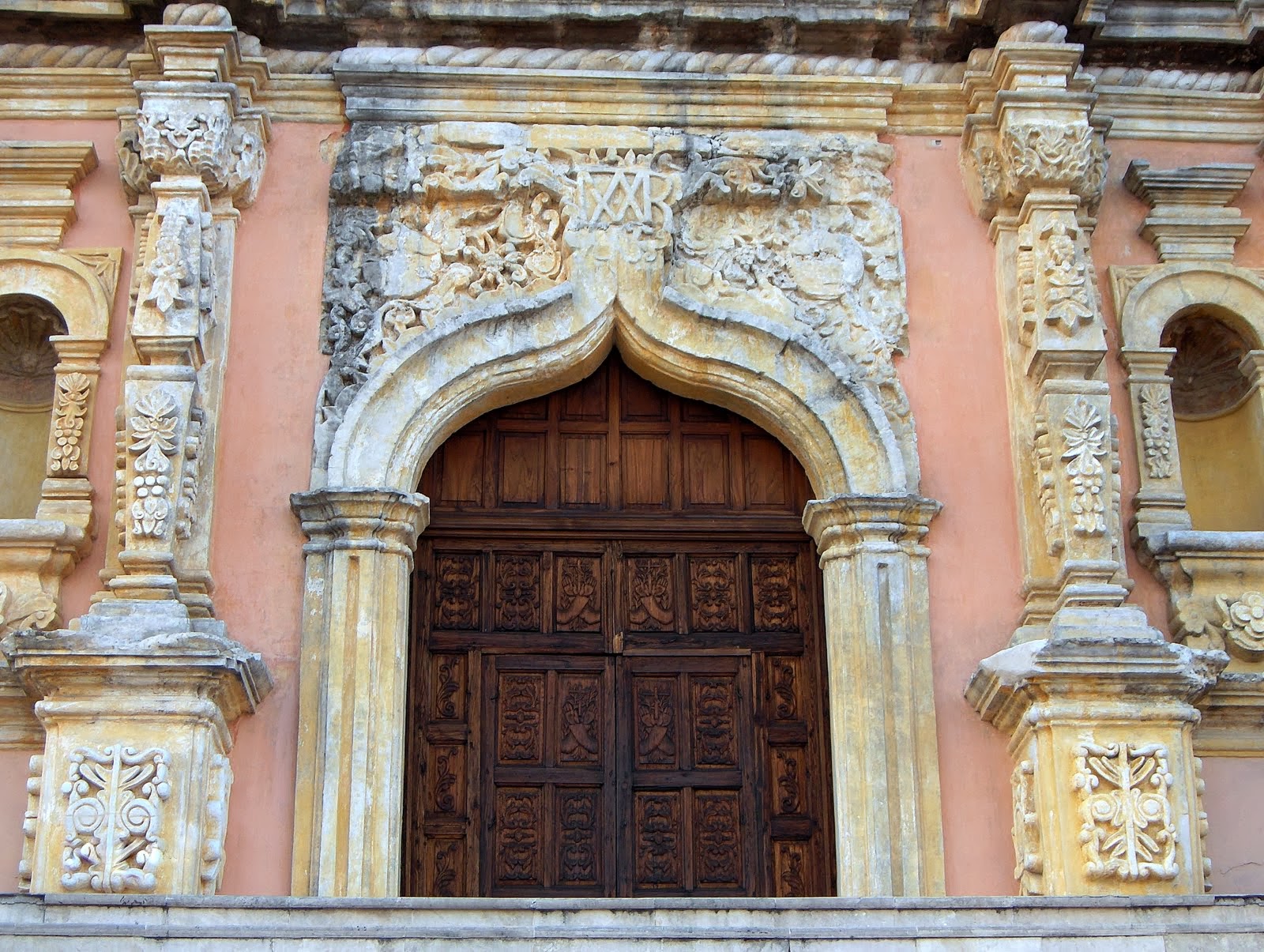MIRACLE OF RESERVED BREAD
When offered for the sake of the Name, a priest's imperfect love and deeds are united to Christ in whom liberality is perfect and infinite. Hence, the Catholic priest's ministry of selfless charity and mercy is established as a sublime oblation of cosmic proportions.
Recall how Jesus fed the hungry multitudes that gathered to hear him teach on the Galilean hillsides. Often subordinated to the miracles of loaves and fishes is the miracle of the reserved bread. Seven and twelve baskets--the numeric signs of perfection and totality--were left over after thousands ate and were satisfied. [cf. Mk 6:42] The quantity bread left over is unmistakably a sign of comprehensiveness, that is to say, the universal scope of Christ's ministry and its simultaneity.
TODAY AND FOREVER!
The sacrifice of Christ's Body, Blood, Soul and Divinity is at once international and cosmic, contemporaneous and eternal, consonant and contradictory. Jesus is bread for all of Galilee and Israel, for the Near East and the entire world, today and forever! His is the True Presence abiding in the Blessed Sacrament reserved in the tabernacles of Catholic Churches all over the world--reverently safeguarded to nourish the sick and home bound and war-weary.
As the Gospel makes clear, one person is not offered bread from heaven [cf. Jn 6:32-35] at the cost of another's suffering. So it is with the Spirit of Fire that consecrated the Lord at his baptism. The Father and the Son do not send forth a portion but rather the fullness of the Holy Spirit to set the world ablaze. [Lk 12:49; cf. Isa 55:10-11]
MINISTRY OF RIGHTEOUSNESS
The Spirit of God apportions his gifts to believer as Christ wills, but the Spirit himself is not rationed: "...for it is not by measure that (God) gives the Spirit". [Jn 3:34] The priest, baptized, confirmed and ordained consents to receive the fullness of the Spirit in whom he is continuously being renewed and made new after the image of his Creator: "Behold my servant, whom I uphold, my chosen, in whom my soul delights; I have put my Spirit upon him, he will bring forth justice to the nations." [Isa 42:1]
As a condition of accepting the ministry of righteousness in the name of Jesus Christ, a priest must regard all else as matter for renunciation. The priest, a visible sign of the unseen spiritual order, grows in the knowledge of the Divine, proclaims the concerns of God, and by the extravagance of his personal sacrifice and unselfish ministry, bears witness to all that he a new creation in righteousness and holiness of Christ. [cf. Eph 4:24]
POWERFUL EXAMPLE
Whereas the natural or earthly man rations his enthusiasm and his material gifts to a privileged few, the open-handed spiritual man shares the fruit of the Spirit: love, joy, peace, patience, kindness, goodness, faithfulness, (and) self-control. [cf. Gal 5:22]
Hence, the priest of Christ is the credible witness that man's trust in and love for the heavenly Father will not go unrewarded. Unquestionably, he becomes a powerful example for the good in the presence of the Father's humble ones; to him is entrusted the salvation and care of their souls.
JOY OF THE MASTER
As the servant of God's children clothed in the new nature, the man consecrated in the Sacrament of Holy Orders offers both heart and hands to his bishop who admonishes him to safely shepherd God's people to the threshold of the parousia (Gk. coming or presence). May the priest of God never fail to protect the little souls entrusted to his care.
May he never fail to provide them a constant and unremitting example of the true priesthood. By so doing, he will have been faithful over a little, and Christ will set him over much: the joy of the master is the reward of his priests. [cf. Mt 25:21]
 TO BE moved with pity is to permit the compassion of your heart to carry you into the experience of someone who suffers. To be moved means to reach out and embrace. It means speaking and touching. Compassion is medicine for the spirit. It sets the scene for healing and the renewal of relationships. It makes possible the regeneration of human hope. Compassion liberates the soul from the clench of the present moment and quiets its trembling.
TO BE moved with pity is to permit the compassion of your heart to carry you into the experience of someone who suffers. To be moved means to reach out and embrace. It means speaking and touching. Compassion is medicine for the spirit. It sets the scene for healing and the renewal of relationships. It makes possible the regeneration of human hope. Compassion liberates the soul from the clench of the present moment and quiets its trembling.















